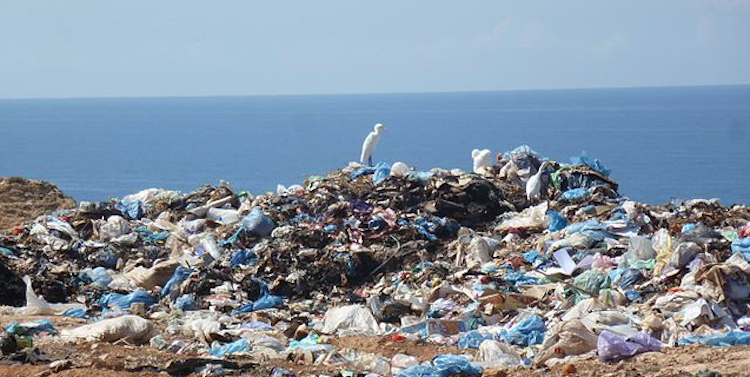Sperm whales are one of the oceans most majestic and largest creatures. They can grow to be up to 59ft and weigh up to 45 tons. They have the largest brain of any animal known to live on Earth- ever. They are known to dive over 3000 ft for food (primarily squid) and need to eat up to 1 ton of food a day. And, they have a special place in the heart of literary enthusiasts as the nemesis of Ahab in the classic novel Moby Dick.
The rise of pollution in the sea has become devastating to many species. Sperm whales have been severely affected by the dumping of trash into our oceans. This year we have seen sperm whales suffer immensely from this mass pollution, and we have only ourselves to blame.
Recently, a sperm whale in Germany washed up on shore. Upon further inspection it was revealed that the whale’s stomach was full of plastic car parts. And this is not the first time we have found sperm whales full of pollution.

Sperm Whale
A different sperm whale was found floating dead off the Greek island of Mykonos. This whale was so extremely bloated that biologists originally thought the whale had swallowed a giant squid, which can grow up to 13m long compared to sperm whales 20.5 m. Instead, the whale’s stomach was stuffed with over 100 plastic bags.

While this might seem shocking to see, it has been indicated that 80 per cent of the plastic that is discarded on land makes its way into our oceans, where it is either consumed by wildlife, like these whales, or it swirls around for years on end in huge floating garbage patches.
Robert Habeck, the environment minister in Schleswig-Holstein, Germany said: “These findings show us the results of our plastic-oriented society. Animals inadvertently consume plastic and plastic waste, which causes them to suffer, and at worst, causes them to starve with full stomachs.”
This is similar to a problem faced by chickens that had been fed plastic, unwittingly, by their owners in the albatrosses of the Midway Islands. Their skeletal remains were documented by photographer Chris Jordan, whose photographs aptly depict the chickens who were completely full, yet starving for nutrition.
And while our society congratulates itself for putting an end to whaling, now they are at an even greater risk. We may no longer hunt sperm whales, but we are destroying their quality of life, and slowly poisoning them with plastic.
We owe much of our technology to whales. As the substance in their heads known as spermaceti, thought to be used to maintain the whale’s buoyancy, has been used in street lamps, candles, make-up and lubricated machines during the industrial revolution. It was also used by NASA because it was one of the only substances that did not freeze in space. Even sperm whale excretions are still used today in high end perfumes.
We have taken whales apart to benefit our own materialism. But, instead of honouring them as the thinking feeling, emotive mammals that they are, we take all that we can and then destroy their home and food sources, eventually starving them.
We can help by making sure we properly recycle our plastic, old technology and car parts, but even more so by decreasing the amount of goods we consume. Visit the World Wildlife Fund to learn more about whales, including sperm whales, and see how you can help.
Sydney Keefe
Originally published by Plaid Zebra





